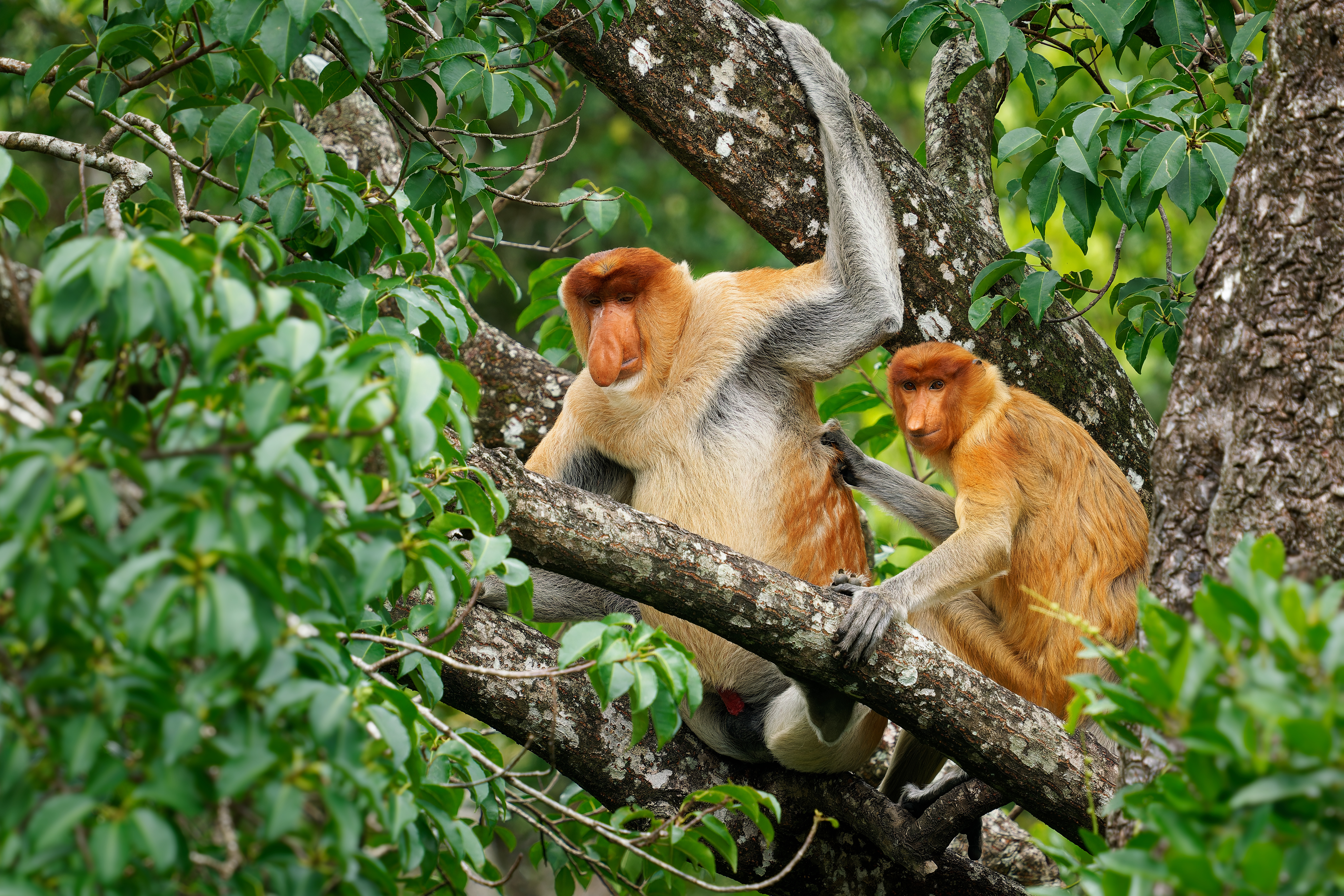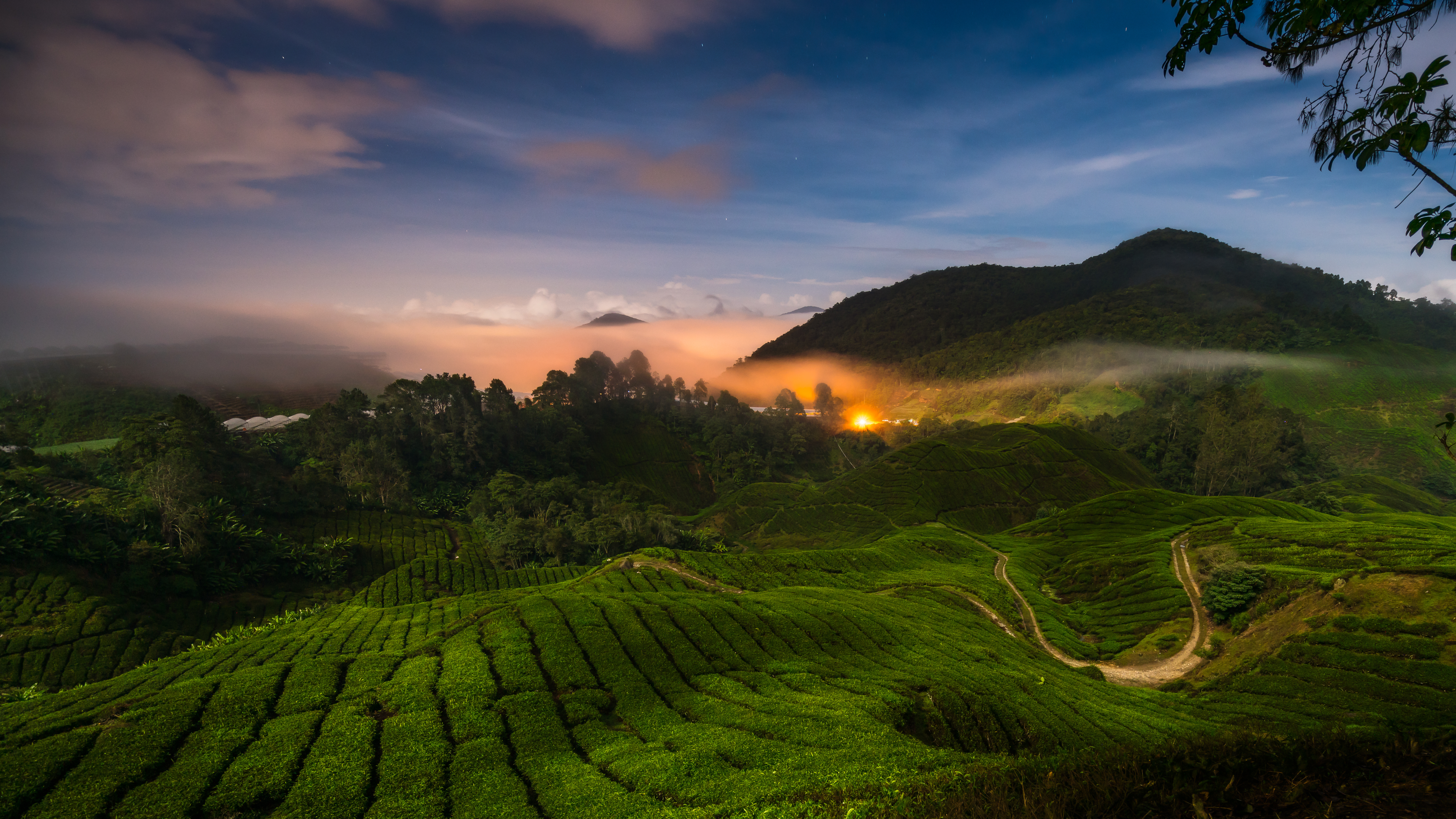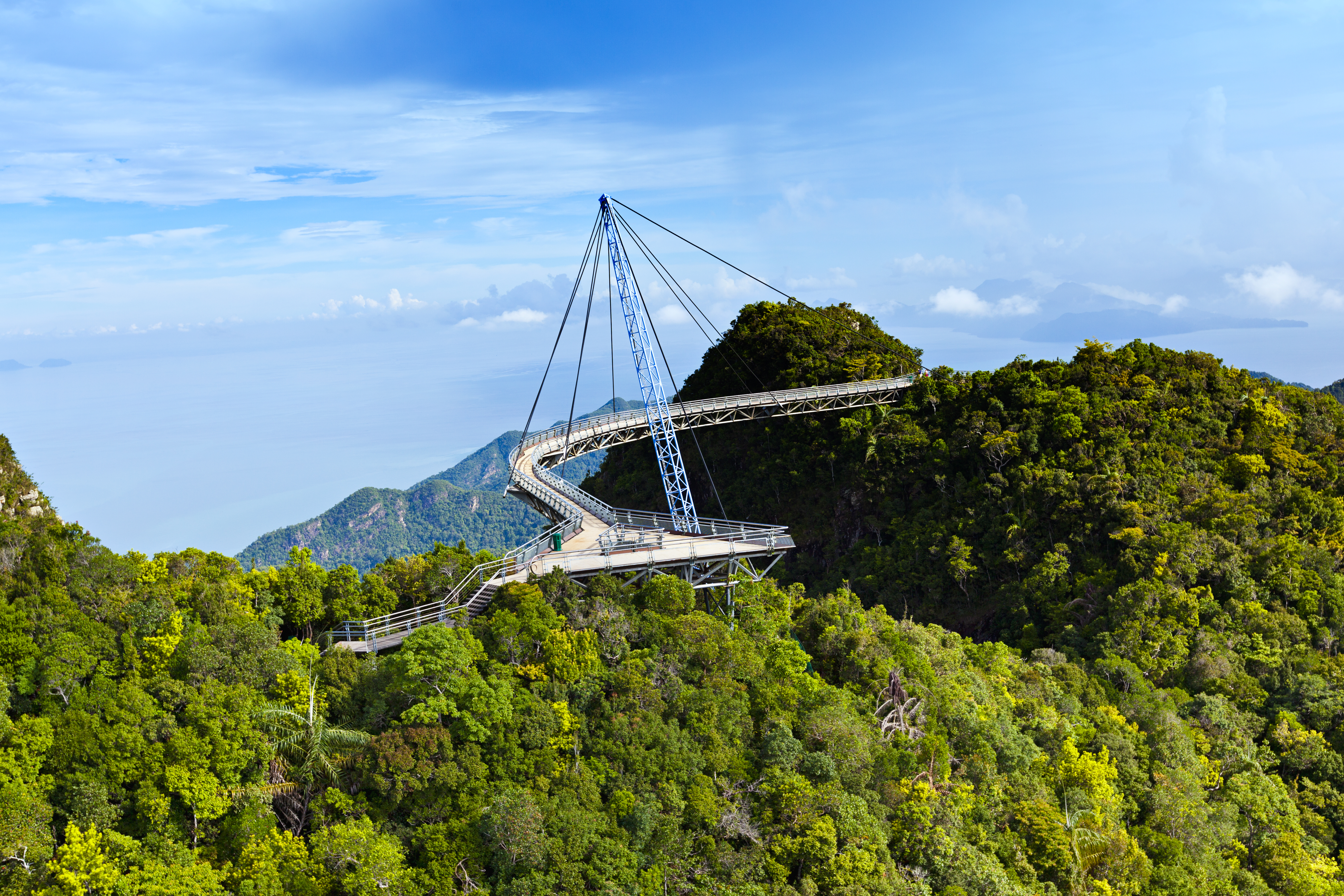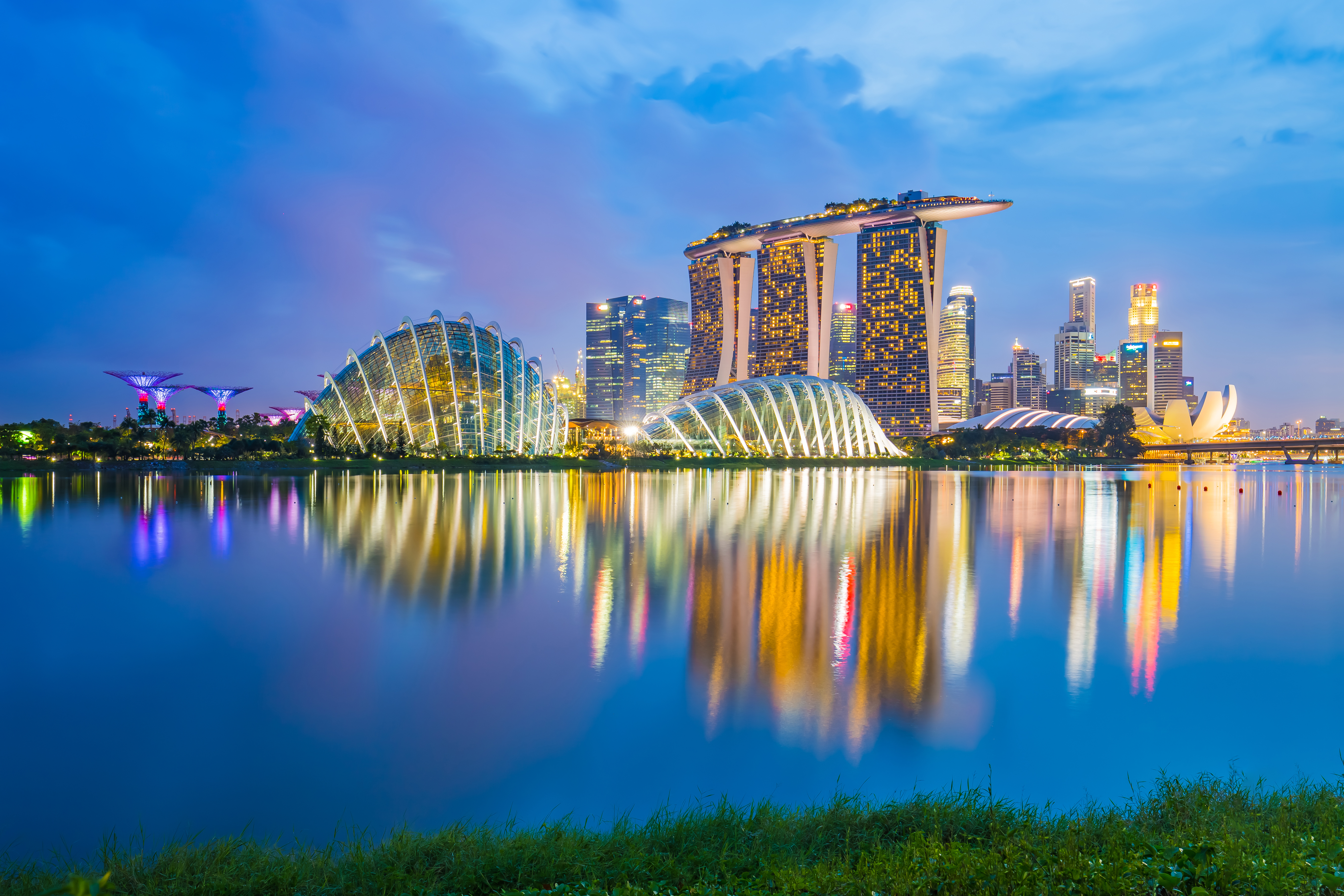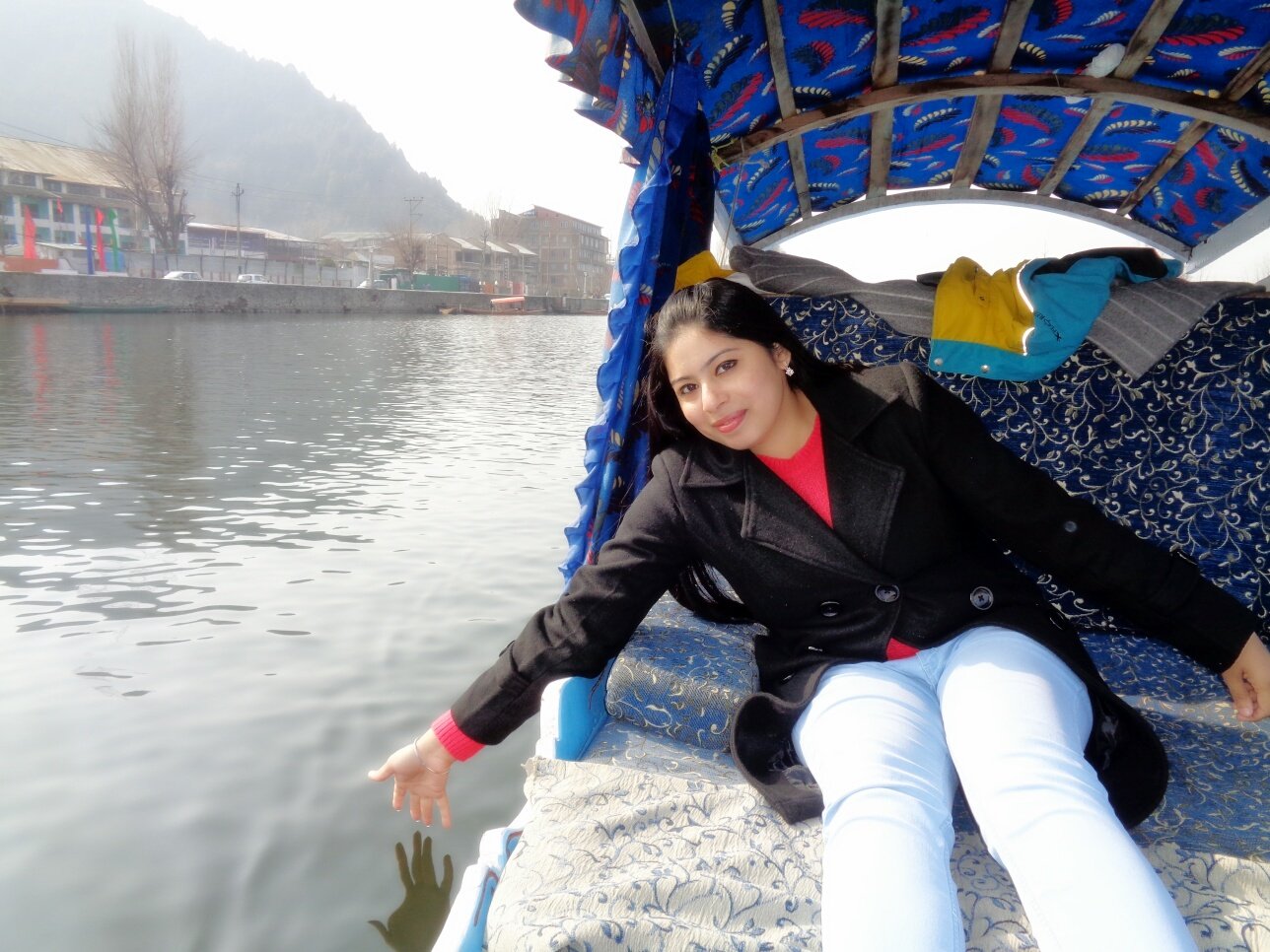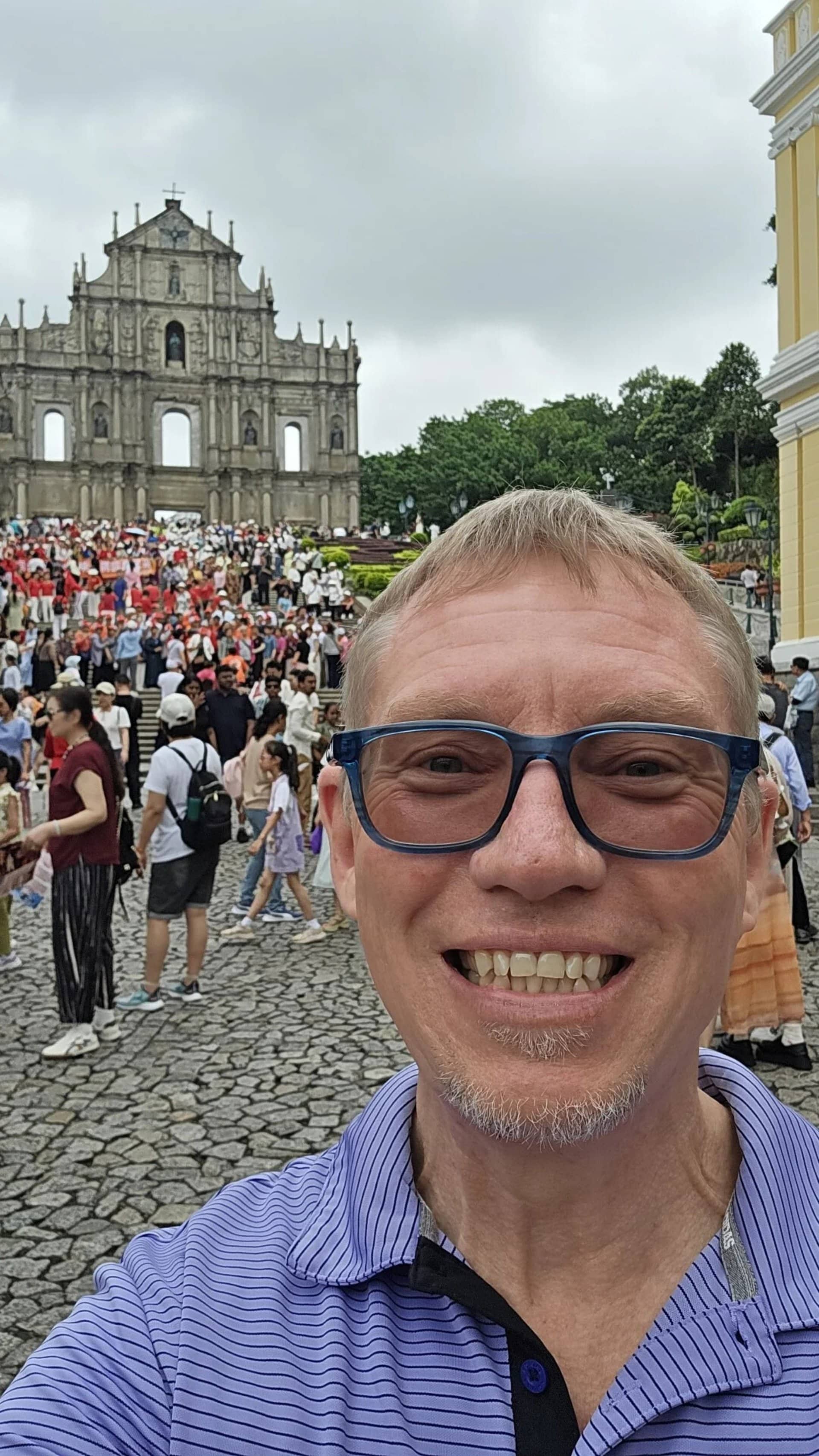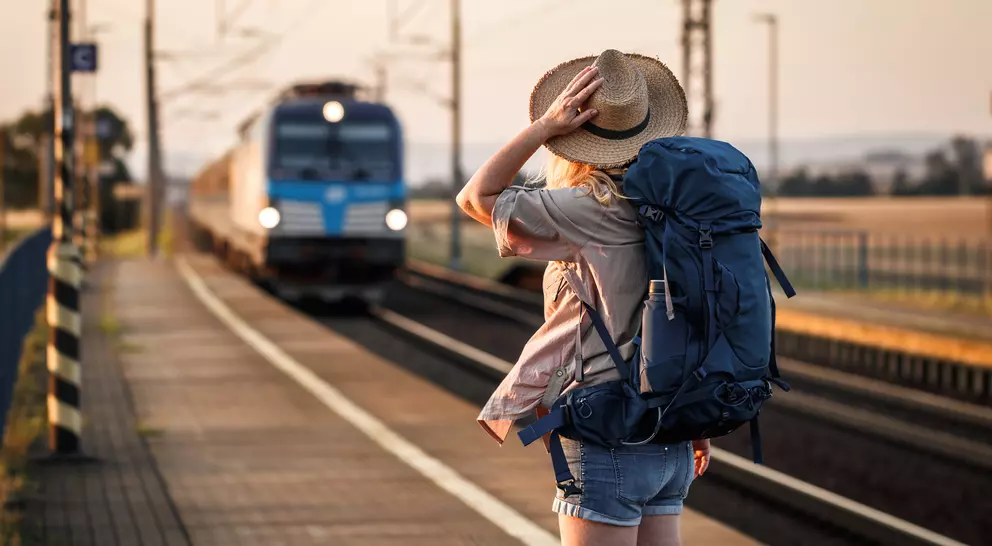US and Canadian citizens do not need a visa for visits of up to 90 days. Your passport should be valid for at least six months beyond your departure date. If you plan to visit Borneo’s states of Sabah or Sarawak, you’ll go through additional immigration checks, but no extra visa is required.
Discover Tailor-Made Malaysia Vacations
A journey through Malaysia’s lush rainforests, golden beaches, and cultural treasures.
Malaysia blends wild jungles, tropical islands, and dazzling cities. Explore Penang’s heritage, Borneo’s wildlife, and Kuala Lumpur’s soaring skyline. A destination where ancient traditions, pristine nature, and modern energy thrive side by side.
Featured Highlights
- Encounter orangutans and proboscis monkeys in Borneo’s jungles
- Unwind on pristine beaches across Langkawi and the Perhentians
- Savour Penang’s famed food scene and colonial heritage
- Trek through the Cameron Highlands’ cool tea plantations
- Marvel at Kuala Lumpur’s Petronas Towers and modern city life
- Explore rainforests, caves, and waterfalls alive with rare wildlife
Featured Malaysia Trip Ideas
A land of wildlife encounters, island escapes, and vibrant city life.From the orangutans of Sabah to the limestone peaks of Langkawi, Malaysia offers travellers a rich mosaic of experiences. Dive into turquoise waters off the Perhentian Islands, wander tea plantations in the Cameron Highlands, or savour world-renowned street food in Penang. In Borneo, meet rare proboscis monkeys and trek lush rainforest trails, while Kuala Lumpur pulses with cosmopolitan charm beneath the iconic Petronas Towers. Whether seeking cultural discovery, island relaxation, or untamed adventure, Malaysia is a destination that delivers lasting memories.
Best of Borneo: Sarawak & Sabah
Borneo, Kota Kinabalu, and KuchingClassic Malaysia: Kuala Lumpur, Penang & Langkawi
Langkawi Island, Penang Island, Cameron Highlands, Kuala Lumpur, and Petronas Twin TowersMalaysia Island Escape
Langkawi Island, Kuala Lumpur, and Petronas Twin TowersMalaysian Connector: Singapore to Kuala Lumpur
Kuala Lumpur, Petronas Twin Towers, Malacca, Singapore, and Gardens by the BayDon't see the
perfect trip idea?
Request a custom quote.
Turn your travel dreams into reality with Goway. Our customized vacations take travellers to all corners of the world.
What do Goway's travellers say?
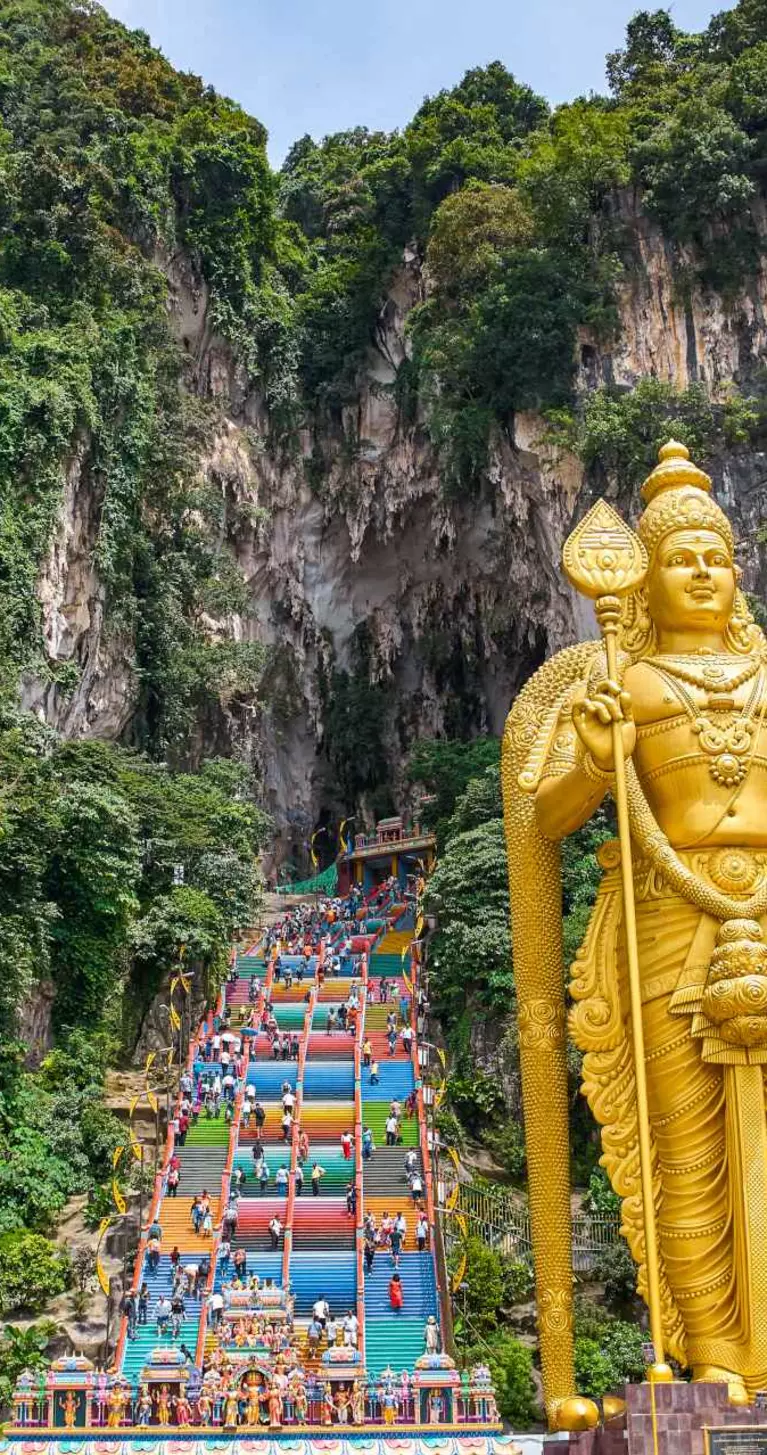
Get to know Malaysia before you go.
Best Time to Visit
Malaysia is a destination that unfolds beautifully in every season, offering travellers a blend of vibrant cities, pristine beaches and untamed rainforests. Its tropical climate ensures there’s never a wrong time to visit, though the timing of your trip will shape the adventures and landscapes you encounter.
For sunshine-filled city escapes, June to September is ideal, especially in Kuala Lumpur, where lively streets and culinary delights thrive under clear skies. Those months also favour the east coast islands such as Perhentian and Tioman, where calm seas make diving and snorkelling spectacular. From April to September, Borneo becomes a natural wonderland for jungle trekking in Sabah and Sarawak, with excellent opportunities to spot orangutans and explore indigenous culture.
If you’re planning a winter getaway, December to February sees the west coast peninsula basking in its driest weather. This is the perfect season to wander George Town’s historic streets, unwind on Langkawi’s beaches, or join in colourful festivities like Chinese New Year. However, this period is also the busiest, with crowds and higher prices.
Travellers in search of value should consider the quieter months of March to June. While brief monsoon rains may appear, attractions such as the Petronas Twin Towers or Kuala Lumpur’s lively markets feel refreshingly uncrowded, and flights and hotels are often more affordable.
A well-balanced Malaysian journey might span twelve days: beginning in Kuala Lumpur, before escaping to Langkawi’s rainforest-fringed shores. Adding Penang offers a rewarding extension, with George Town’s eclectic mix of colonial charm and contemporary creativity completing a truly immersive itinerary.
What do the experts say?
I love Malaysia's delicious food. The country is also incredibly affordable, and visitors' easy access to public transit is a great way for them to experience local life.
If you want to get out of the capital city, Kuala Lumpur, then you should visit Malacca. The history of this ancient port city is well worth the trip.
I absolutely love travelling through Malaysia by train. It is incredibly scenic. I also love Kuala Lumpur's amazing skyline and Malacca's old Portuguese and Dutch buildings.
Places To Go
Handcrafted journeys to our most popular places to visit in Malaysia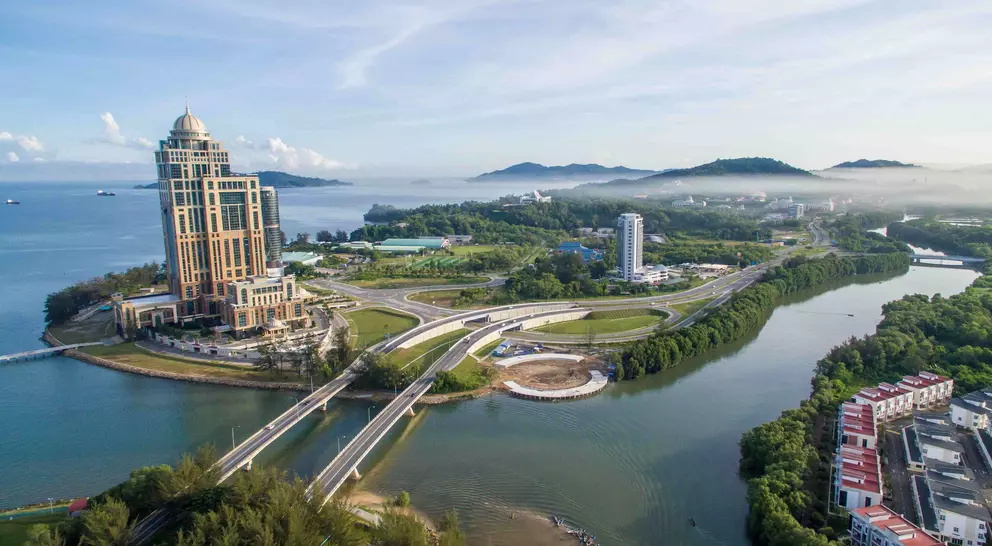
Kota Kinabalu
Kota Kinabalu is the capital city of Sabah State, in East Malaysia. Situated on the island of...
Kota Kinabalu is the capital city of Sabah State, in East Malaysia. Situated on the island of Borneo, on the northwest coast, Kota Kinabalu is Borneo’s largest urban centre when on Malaysia vacations...
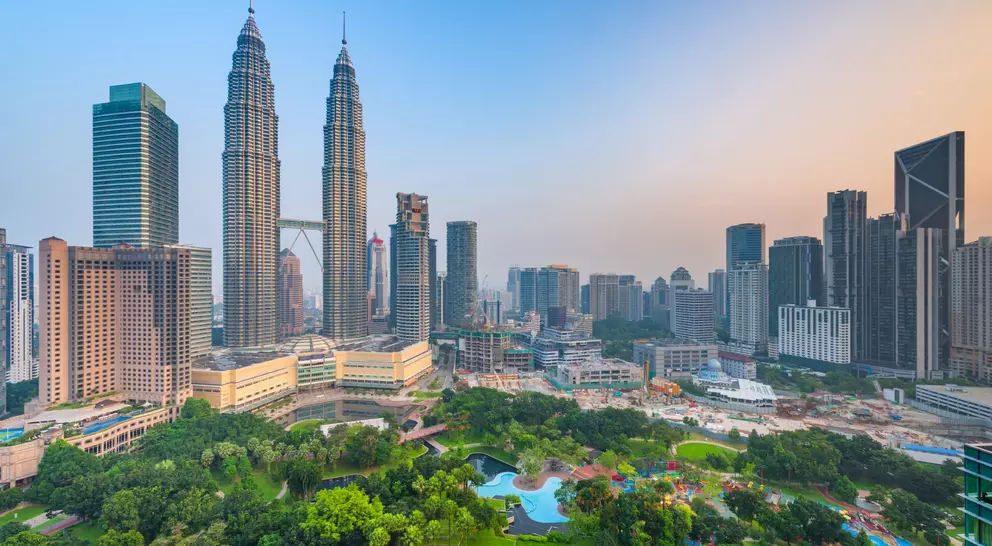
Kuala Lumpur
Kuala Lumpur is the capital city of Malaysia and is the most populous, with Greater Kuala Lumpur,...
Kuala Lumpur is the capital city of Malaysia and is the most populous, with Greater Kuala Lumpur, also known as Klang Valley, being the fastest-growing region in the country and a good starting point...
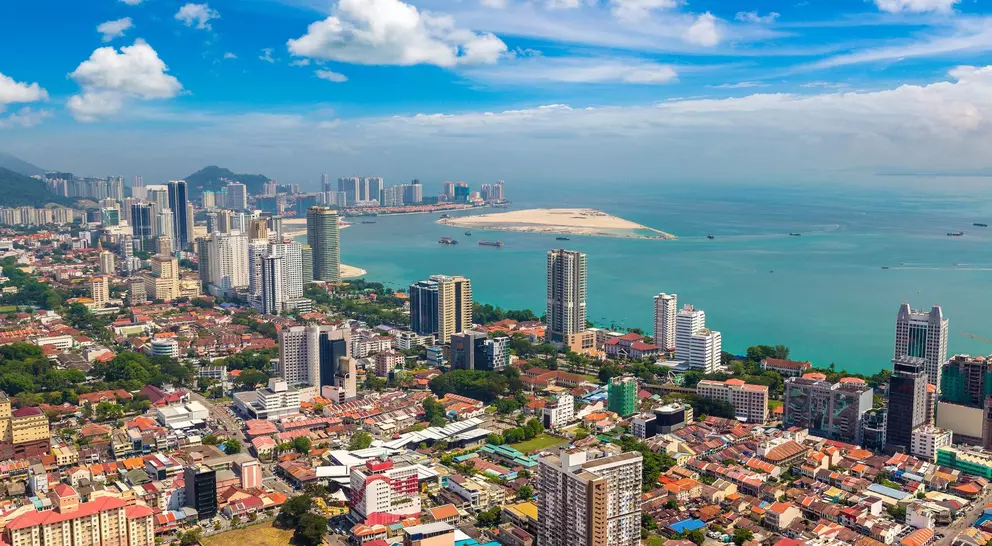
Penang Island
One exceptional place to visit on Malaysia vacations is Penang Island, the most populated island in...
One exceptional place to visit on Malaysia vacations is Penang Island, the most populated island in Malaysia located in the state of Penang, off the northwestern coast of Peninsular Malaysia and the...
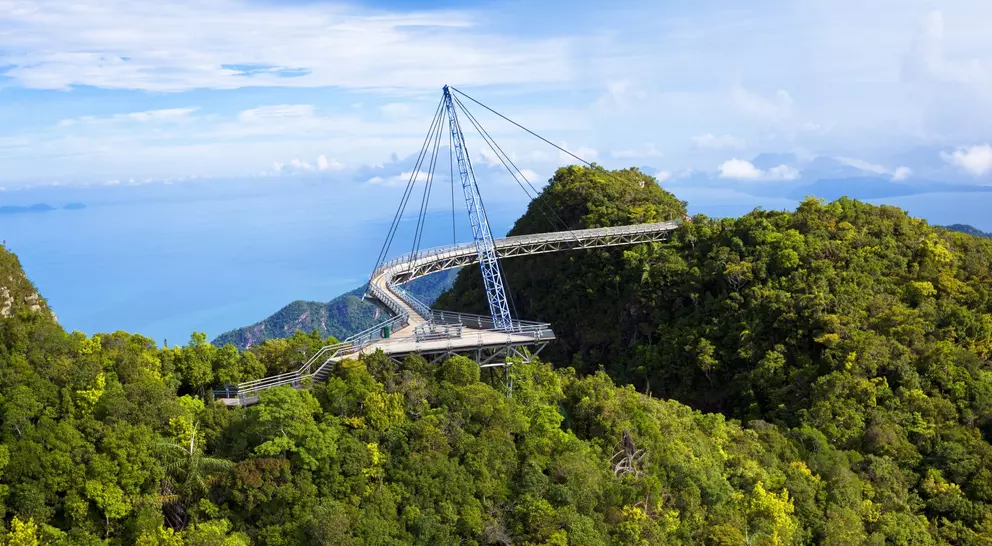
Langkawi Island
If looking for a special beach stay, on a Malaysia vacation, officially known as Langkawi, the...
If looking for a special beach stay, on a Malaysia vacation, officially known as Langkawi, the Jewel of Kedah, Langkawi Island is an archipelago, comprising 99 islands (with an extra 5 islands being...
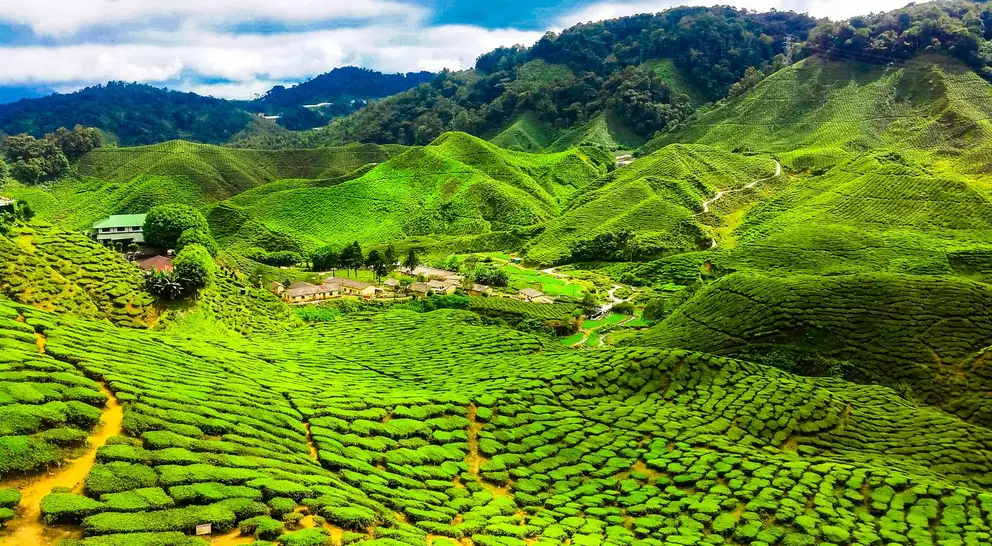
Cameron Highlands
As a destination for Malaysia vacations, the Cameron Highlands, situated in the centre of...
As a destination for Malaysia vacations, the Cameron Highlands, situated in the centre of Peninsular Malaysia, is a series of hill stations at altitudes ranging from 1500 to 1800m (4920 to 5904ft)...
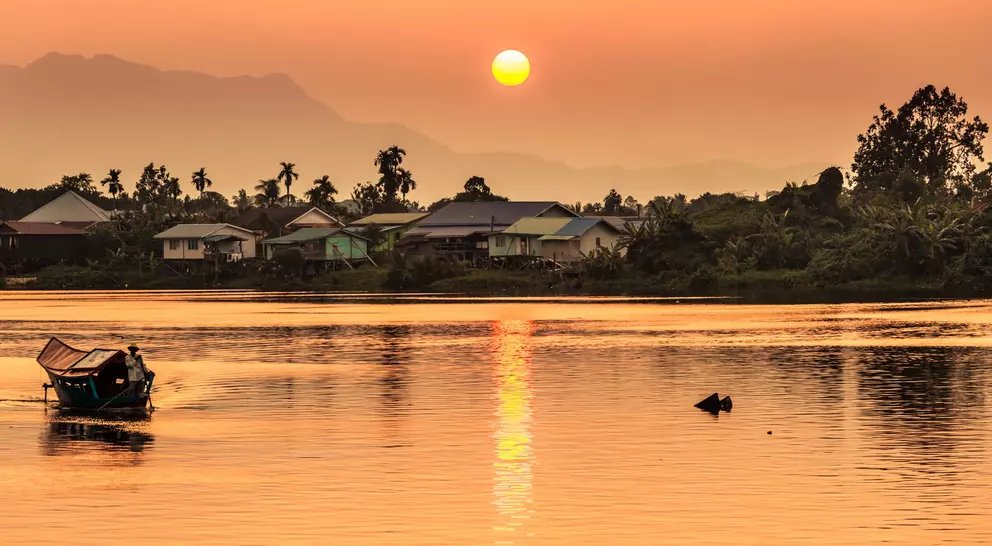
Borneo
Borneo is the third largest island in the world and is divided into three countries: Indonesia,...
Borneo is the third largest island in the world and is divided into three countries: Indonesia, Malaysia, and Brunei. Located at the centre of Maritime Southeast Asia, Borneo is home to one of the...
Travel Styles
Explore Malaysia by Travel TypeFrequently Asked Questions
Do I need a visa or special permits to enter Malaysia?
What language is spoken locally? How widely is English understood in Malaysia?
Bahasa Malaysia (Malay) is the official language, but English is widely spoken in cities, hotels, and tourist areas. Many Malaysians are multilingual, often speaking Chinese dialects (like Cantonese, Mandarin, or Hokkien) or Tamil. You’ll find English on most signs and menus, making travel straightforward.
What are the must-see attractions in Malaysia?
In Kuala Lumpur, the Petronas Twin Towers dominate the skyline, while the Batu Caves offer a colourful Hindu shrine set within limestone cliffs. George Town in Penang is famous for street art and hawker food, while Langkawi’s beaches and cable car rides provide coastal escapes. Borneo is home to lush rainforests, Mount Kinabalu, and wildlife such as orangutans and proboscis monkeys. The Cameron Highlands offer cool tea plantations and hiking trails.
Is Malaysia safe? What should I keep in mind while travelling there?
Malaysia is considered safe for travellers. Petty theft can happen in busy areas, so keep belongings secure. Roads are modern, but traffic in Kuala Lumpur can be hectic. In rural areas and on islands, follow safety advice from guides, especially for hiking or diving. Tap water isn’t recommended for drinking—bottled or filtered water is best.
What's the best way to travel within Malaysia?
Domestic flights are the fastest way to cover long distances, such as between Kuala Lumpur and Borneo. Trains and buses are reliable and budget-friendly for mainland routes. Ride-hailing apps like Grab are widely used in cities. Ferries connect to islands like Langkawi, Tioman, and the Perhentians.
What Malaysian cultural customs should I be aware of?
Malaysia is multicultural, with Malay, Chinese, and Indian influences. Modesty in dress is appreciated, especially at mosques and temples—cover shoulders and knees, and remove shoes before entering. Use your right hand when giving or receiving items, as the left hand is considered unclean. Public displays of affection are uncommon. Respect fasting practices if visiting during Ramadan.
What should I wear/pack for Malaysia's climate?
Malaysia has a hot, humid, tropical climate year-round. Pack light, breathable clothing, but bring modest options for religious sites. A rain jacket or umbrella is useful, especially during the monsoon (May–September on the west coast, November–March on the east coast and Borneo). Comfortable walking shoes, sunscreen, and insect repellent are musts. If heading into the highlands, pack a light sweater for cooler evenings.
Unlock more by subscribing to our newsletter.
With our newsletter, you’ll get access to regular communications that inspire you and help you explore the world your way.
